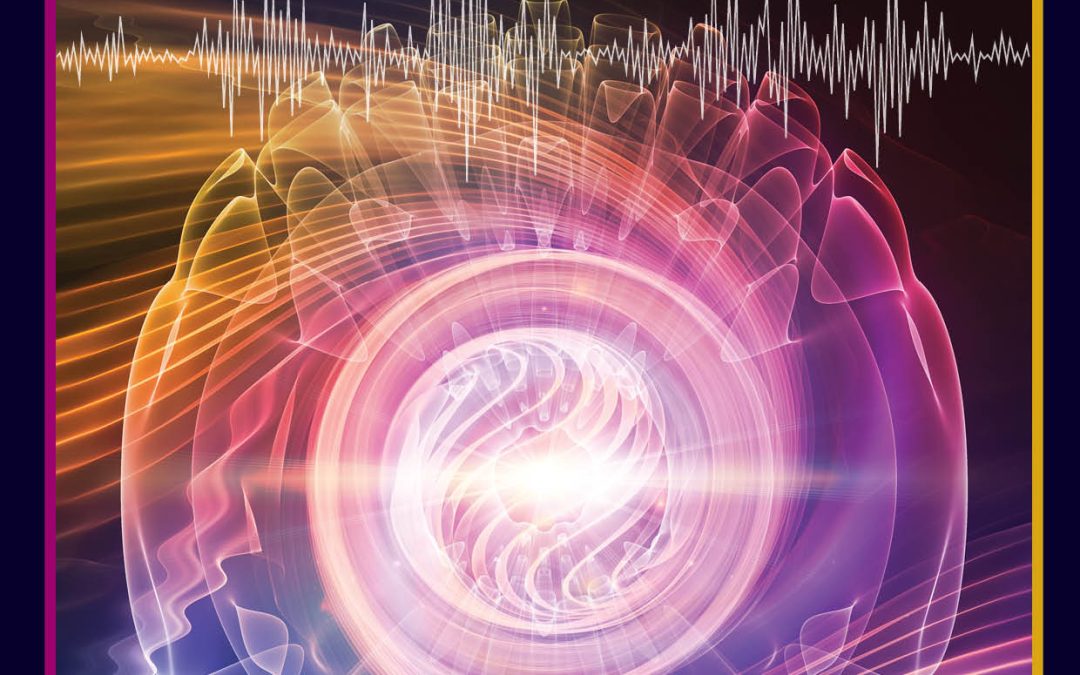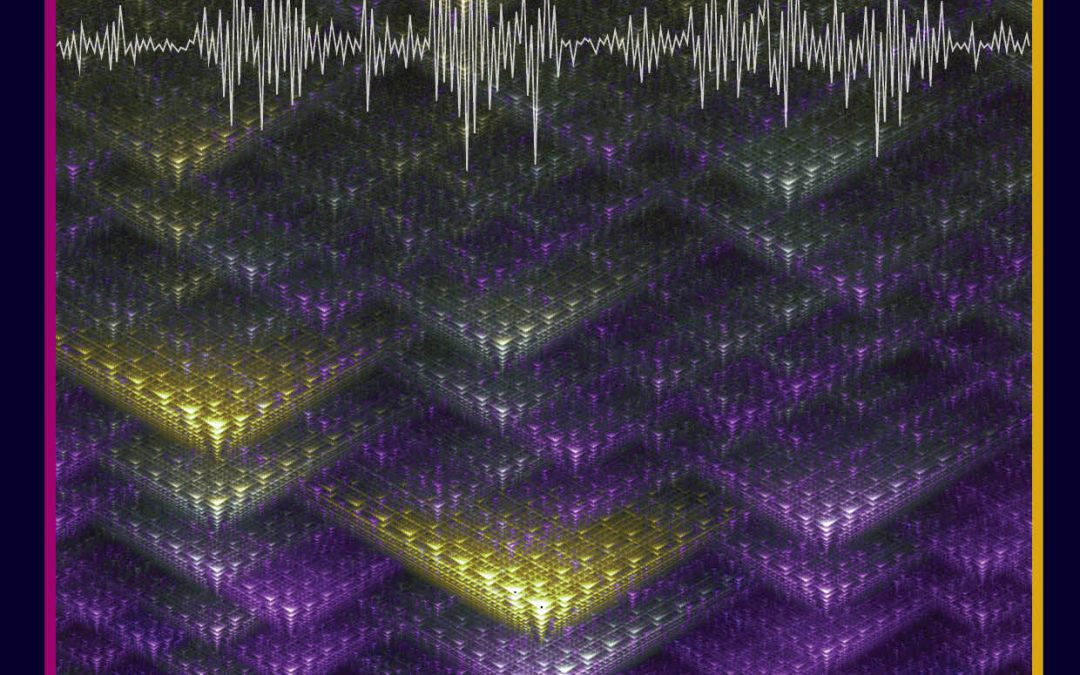
by admin | Dec 14, 2022 | physical sciences
The black holes found at the centres of most large galaxies are now found to be fundamental to galactic formation and evolution. Until recently, however, little was understood about how these massive bodies affect the behaviours of their host galaxies and beyond. Through their research, Dr Stefi Baum and Dr Christopher O’Dea at the University of Manitoba have made important strides towards untangling the many mysteries involved in this intriguing astronomical problem.

by admin | Oct 19, 2022 | physical sciences
Discovering new phases of matter and classifying such phases are among the most important goals in physics. In a new study, Dr Tie-Cheng Guo and Professor Li You at Tsinghua University in Beijing present a new methodology to discover new quantum phases of matter, using the concept of ‘time order’. Through identifying and defining quantum phases from this perspective, time order could become a new paradigm in physics, helping researchers to gain more insight into quantum many-body systems.

by admin | Sep 13, 2022 | physical sciences
The Hilbert space formulation is a central idea in quantum theory, but the ideas used by physicists to interpret the formulation widely differ. Furthermore, concepts in quantum mechanics are very abstract to those outside the field. Professor Inge Helland from the University of Oslo approaches these problems through what he calls ‘conceptual variables’, which belong to the minds of one or more conscious observers. From this basis, he achieves a new derivation of the Hilbert space formulation, which he hopes will lead to more satisfying studies of the foundations of quantum theory.

by admin | Jul 27, 2022 | physical sciences
By stacking layers of atom-thick materials on top of each other, researchers are opening up a whole host of exciting new possibilities for technology and scientific research. Particularly interesting properties in these 2D materials could be achieved by stacking three or more of these layers – but so far, the large-scale production of these structures has proven difficult. Using carefully applied techniques, Dr Jakub Sitek and his team at Warsaw University of Technology have made important steps towards overcoming this challenge.

by admin | Jul 27, 2022 | physical sciences
Interactions between positive and negative ions are important processes in nature. However, there is a lack of experimental facilities designed to study them in detail. This picture could now be changing thanks to DESIREE: a facility where different ion beams can be stored and cooled for extensive periods within separate rings, before colliding with each other. Run by an extensive team of physicists at Stockholm University, the instrument is shedding new light on how ions interact in a wide range of environments – from dynamic stellar atmospheres, to interstellar space.

by admin | Jul 6, 2022 | earth and environment, physical sciences
Gyroscopes are widely used to measure the orientations and rotation speeds of moving objects – but according to one pair of researchers, the techniques we currently use to measure them are introducing significant and easily avoidable errors. Through their research, Dr Sara Stančin | Dr Sašo Tomažič, both at the University of Ljubljana in Slovenia, introduce a mathematical framework which accounts for how all three rotations measured by a gyroscope happen simultaneously, rather than in a sequence.






